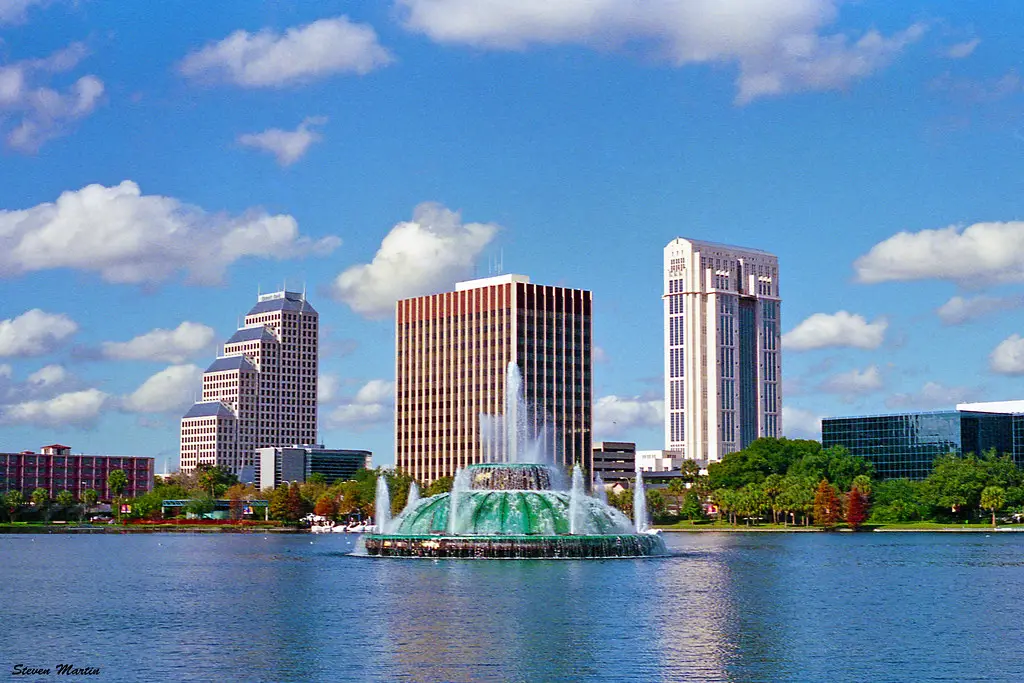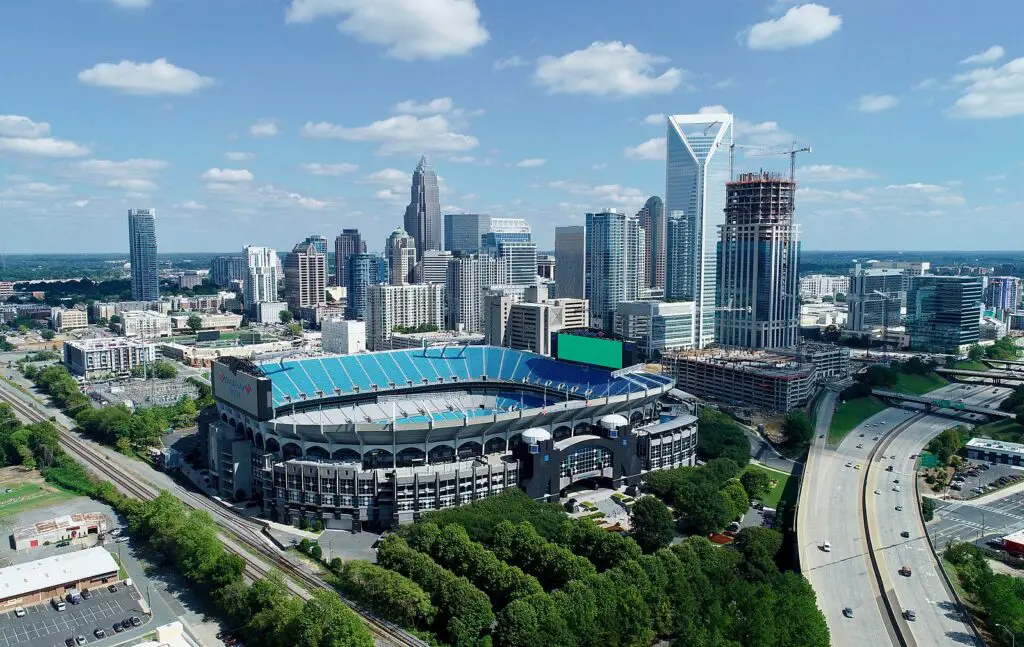For years, homeownership has remained out of reach for many multicultural renters due to financial barriers, lending discrimination, and rising housing costs. However, in certain cities, this trend is changing as renters from diverse backgrounds are purchasing homes at record rates. Strong job markets, affordable housing initiatives, and community-driven support systems have made these locations more accessible for first-time buyers. As a result, these cities are becoming hubs where diverse populations are achieving long-term financial stability through homeownership.
Orlando, Florida

Orlando has become an increasingly attractive destination for multicultural homebuyers, particularly among Latino, Caribbean, and African American communities. The city’s booming job market in tourism, healthcare, and technology has provided financial stability, enabling more renters to save for a home. Many local programs, such as the Orange County Down Payment Assistance Program, offer crucial support for first-time buyers, helping them secure financing and reduce upfront costs. Additionally, home prices in the Orlando metro area remain relatively affordable compared to other major Florida cities, making homeownership a feasible goal for many renters.
Beyond affordability, Orlando’s diverse communities provide a strong sense of cultural support for new homeowners. Many neighborhoods have established networks where residents share financial advice, homeownership tips, and real estate resources. Banks and credit unions have also increased their efforts to offer fair mortgage lending, ensuring that buyers from all backgrounds can access competitive home loans. These combined factors have made Orlando a thriving center for multicultural homeownership.
Dallas, Texas

Dallas is experiencing a significant rise in homeownership among multicultural renters, particularly within Latino, African American, and Asian American communities. The city’s strong economy, driven by industries like technology, healthcare, and logistics, has allowed many renters to transition into stable, higher-paying jobs that make homeownership possible. Additionally, programs such as the Dallas Homebuyer Assistance Program provide financial support, covering down payments and closing costs for qualifying first-time buyers. These resources have been instrumental in helping renters turn their homeownership dreams into reality.
Another factor contributing to this trend is the availability of affordable housing in various up-and-coming Dallas neighborhoods. Many first-time buyers are taking advantage of these opportunities, purchasing homes in communities that are still developing but have great long-term investment potential. While housing costs are rising nationwide, Dallas remains one of the few major metro areas where homeownership is still within reach for many multicultural families. The combination of economic opportunity, housing programs, and a supportive community has made the city a top choice for renters looking to buy.
Phoenix, Arizona

Phoenix has emerged as a major homeownership hub for multicultural renters, especially among Latino and Native American communities. With a cost of living lower than many coastal cities and an expanding job market, Phoenix offers a unique opportunity for renters looking to buy. Statewide initiatives like the Arizona Home Plus program help buyers secure down payment assistance and competitive mortgage rates, making homeownership more financially viable. Additionally, local organizations are working to improve credit literacy and financial planning, ensuring that more renters are prepared for the home-buying process.
The city’s rapid population growth has also led to a surge in new housing developments, creating additional opportunities for renters to become homeowners. Many buyers are looking at areas just outside Phoenix proper, where home prices are still reasonable but expected to rise as demand increases. As more multicultural families plant roots in the region, these communities are fostering a sense of economic empowerment and stability through homeownership. Phoenix’s housing market remains competitive, but renters who take advantage of current programs are securing long-term financial benefits.
Charlotte, North Carolina

Charlotte has seen a significant rise in homeownership among multicultural renters, thanks to its strong economy and growing reputation as a financial hub. With major banking institutions like Bank of America and Wells Fargo headquartered in the city, many renters have access to stable employment and homeownership incentives through employer-backed housing assistance programs. Additionally, North Carolina’s state-backed initiatives provide financial education and mortgage assistance, ensuring that first-time buyers are equipped to navigate the housing market successfully.
In addition to financial incentives, Charlotte’s neighborhoods are becoming more welcoming to first-time homebuyers from diverse backgrounds. Black and Latino renters, in particular, are finding affordable options in developing areas, allowing them to buy homes before property values increase. The city’s ongoing investment in housing diversity is ensuring that historically marginalized groups have better access to real estate opportunities. With its mix of affordability, job opportunities, and homebuyer resources, Charlotte continues to be a leading city for multicultural homeownership.
Las Vegas, Nevada

Las Vegas has become an unexpected hotspot for multicultural renters transitioning into homeownership, particularly among African American, Latino, and Asian American communities. The city’s affordability compared to neighboring California makes it an appealing destination for first-time buyers looking to escape high rental costs. Programs like the Nevada Housing Division’s Home Is Possible initiative offer grants and down payment assistance, making it easier for renters to take the leap into homeownership. The growing job market in hospitality, tech, and healthcare has also provided financial stability for many residents.
Another factor driving this shift is the availability of newly constructed homes in suburban areas surrounding Las Vegas. These developments offer modern amenities at prices that remain competitive, drawing in renters who are ready to invest in homeownership. Additionally, as more multicultural families settle in the region, they are strengthening their communities by advocating for equitable housing policies and supporting new buyers through shared knowledge and resources. With rising demand and ongoing investment in housing affordability, Las Vegas is positioning itself as a prime city for renters looking to buy their first homes.
